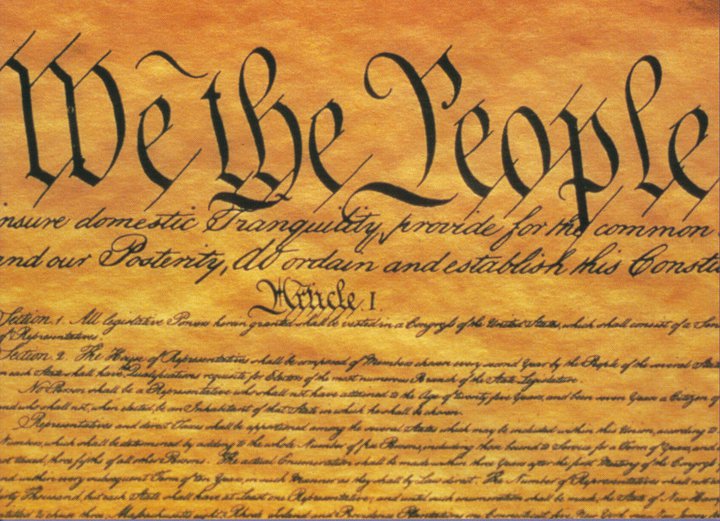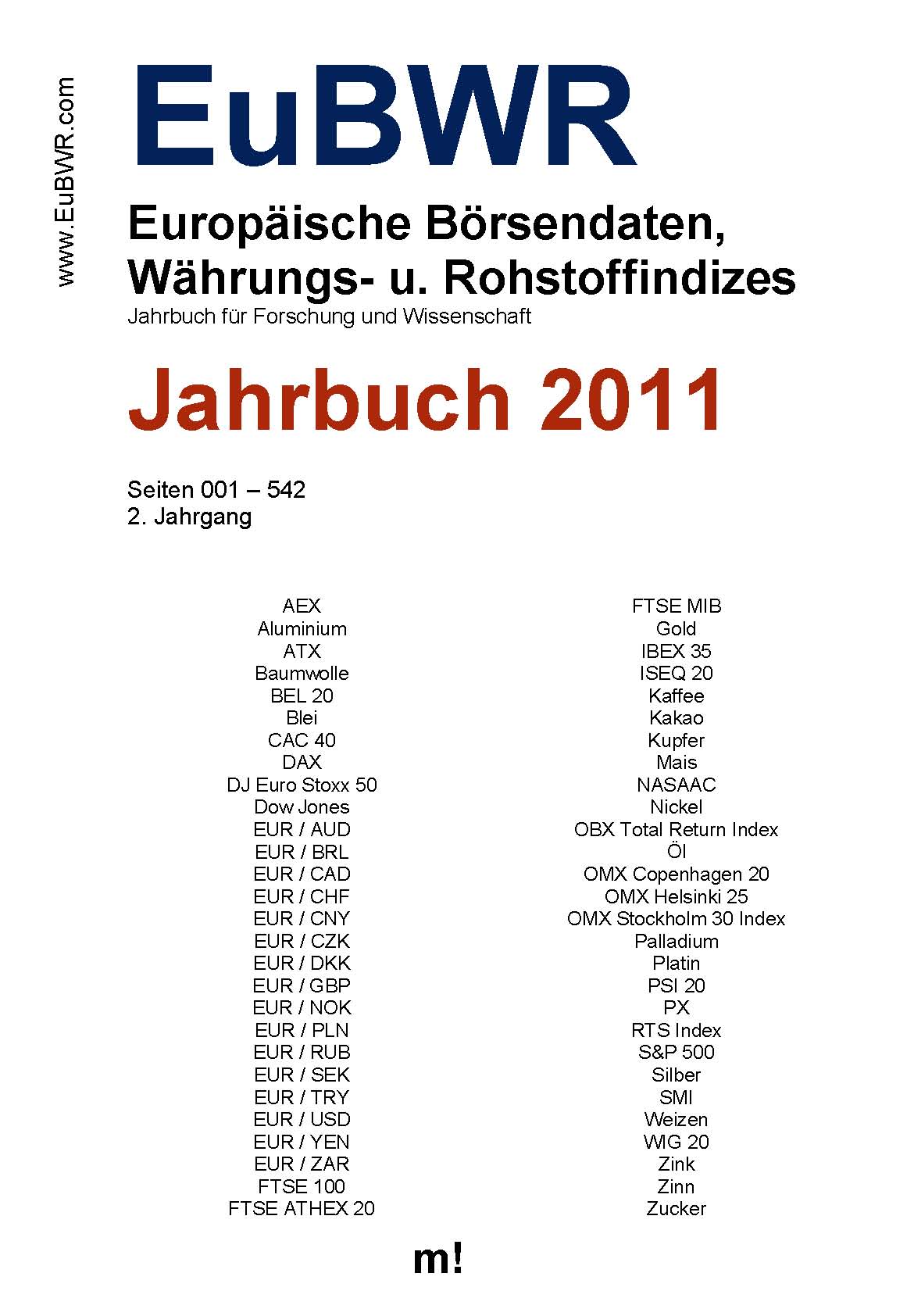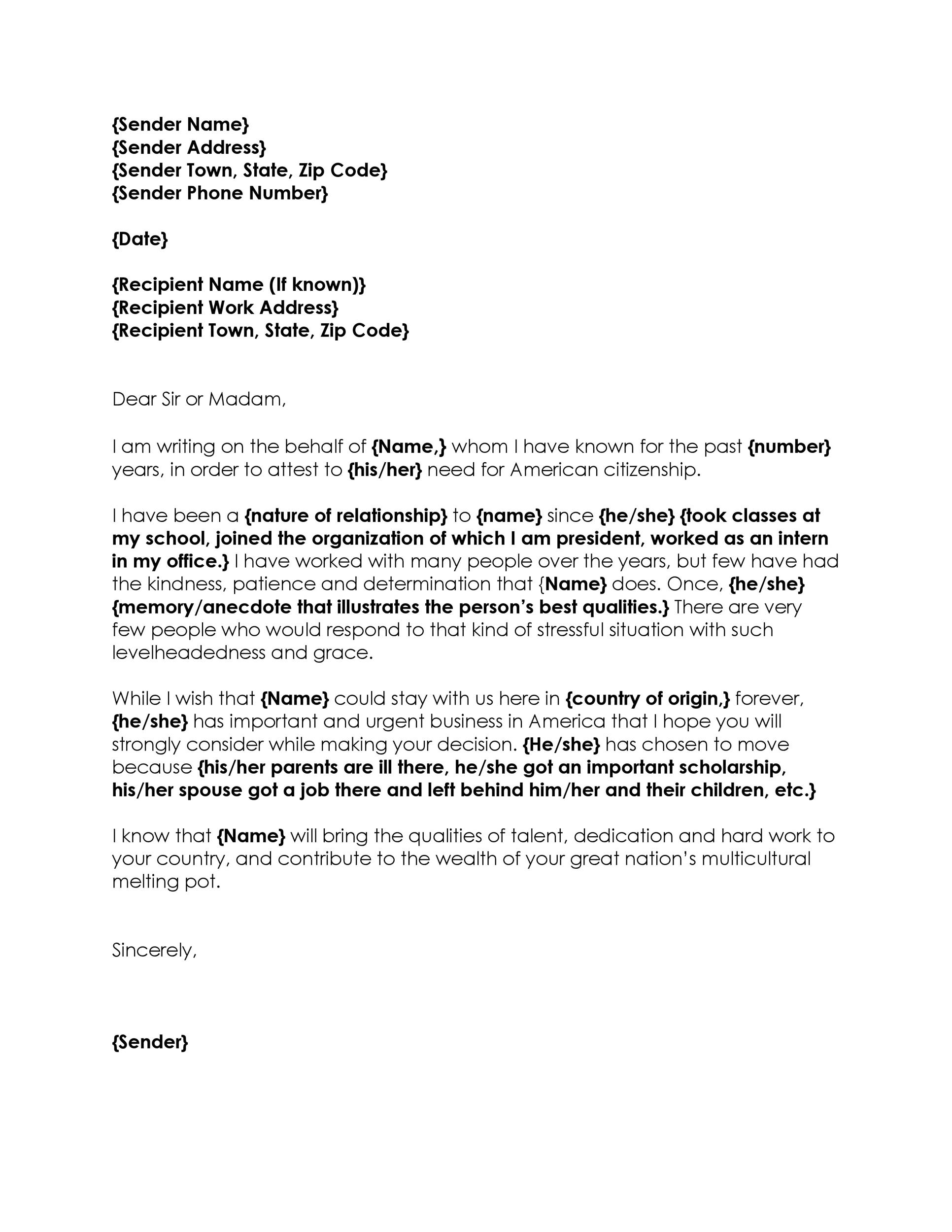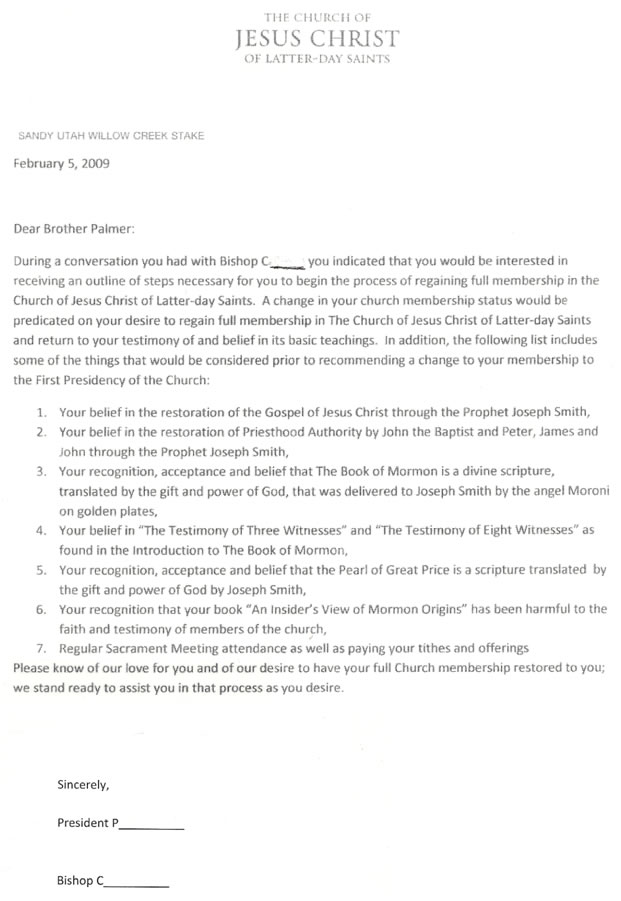Part II. An Essay on Criticism. Alexander Pope. 1903.
Alexander Pope (1688-1744) This essay by Pope is neoclassical in its premises; in the tradition of Horace and Boileau. Pope believes that the value of literary work depends not on its being ancient or modern, but on its being true to Nature. This truth to Nature is found in true wit.
An Essay on Criticism. Alexander Pope. 1903. Complete Poetical Works. And hide with ornaments their want of Art. True Wit is Nature to advantage dress’d, What oft was thought, but ne’er so well express’d; Something whose truth convinced at sight we find, That gives us back the image of our mind. 100.
Alexander Pope’s Essay on Criticism is an attempt to balance theology and aesthetics. Pope in his essay follows the tradition of Horace’s Ars Poetica. His essay concerns with good literary criticism and poetry, and how they stay in harmony.

An Essay on Criticism. Alexander Pope. 1903. Complete Poetical Works. Nature the best guide of judgement. Improved by Art and rules, which are but methodized Nature. Rules derived from the practice of the ancient poets. That therefore the ancients are necessary to be studied by a Critic, particularly Homer and Virgil.

An Essay on Man was written by Alexander Pope in 1733-34 and was published anonymously. The poem presents Pope’s most “extensive disquisition on philosophical, cosmic, and social themes” and sparked one of the greatest debates on “beneficence of Nature, and the role of individual society”.

An Essay on Criticism by Alexander Pope (This poem was written in 1709, when Pope was in his twentieth year.. Improved by Art and rules, which are but methodized Nature. Rules derived from the practice of the ancient poets. That therefore the ancients are necessary to be studied by a Critic, particularly Homer and Virgil.

The Project Gutenberg EBook of An Essay on Criticism, by Alexander Pope This eBook is for the use of anyone anywhere in the United States and most other parts of the world at no cost and with almost no restrictions whatsoever.

This article contextualizes the eighteenth-century English poet Alexander Pope's An Essay on Criticism (1711) and his other literary essays in order to elicit Pope's contributions to the.

Alexander Pope wrote pastoral poetry in his teens, and it's not altogether awful. He began An Essay on Criticism in his teens, and what's more, he never received any higher education (Too Catholic for Oxbridge), so should you believe an undergraduate degree is the be all and end all of personal education, you're probably wrong.
Alexander Pope’s “An Essay on Criticism” is largely influenced by ancient poets, classical models of art, and Pope’s Catholic beliefs. The poem revolves around questions of whether poets.

An Essay On Criticism by Alexander Pope. .Part IINTRODUCTION. That it is as great a fault to judge ill as to write ill and a more dangerous one to the public. That a true Taste is as rare to. Page.

Alexander Pope Life, Change, Art 'An Essay on Criticism' (1711) l. 68 Conceit is to nature what paint is to beauty; it is not only needless, but it impairs what it would improve.

Alexander Pope and the Enlightenment 'A little learning is a dang'rous thing,' Alexander Pope famously writes in his poem 'An Essay on Criticism.'The poem is one of the most quoted in the English.




